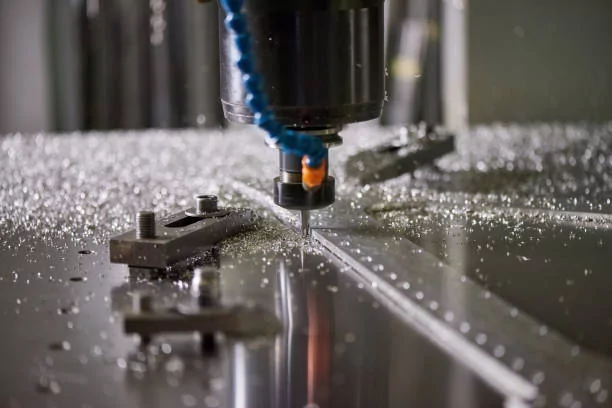When it comes to metal CNC machining for industrial applications, precision is of utmost importance. The ability to produce intricate and accurate parts is crucial in various industries, including aerospace, automotive, and medical. In this article, we will explore the significance of precision in metal CNC machining and how it impacts the overall quality and functionality of the final products.
The Importance of Precision
Precision in metal CNC machining refers to the ability to consistently achieve tight tolerances and accurate dimensions in the manufactured parts. It involves the use of advanced machinery and cutting-edge technologies to ensure that every detail is precisely executed. The level of precision directly affects the performance, reliability, and safety of the end products.
For example, in the aerospace industry, precision is crucial for components such as turbine blades and engine parts. Even the slightest deviation from the required specifications can lead to catastrophic consequences. Similarly, in the medical field, precision is essential for surgical instruments and implants to ensure proper fit and functionality.
Enhancing Precision with CNC Machining
CNC (Computer Numerical Control) machining plays a vital role in achieving the required precision in metal machining. It utilizes computer-controlled machines to execute precise movements and cuts based on the design specifications. The use of CNC machines eliminates human error and allows for consistent and accurate production.
One of the key advantages of CNC machining is its ability to produce complex geometries with high precision. The machines can follow intricate tool paths and execute precise movements in multiple axes simultaneously. This capability is particularly beneficial in industries that require intricate and customized parts, such as the automotive and electronics sectors.
Tools and Techniques for Precision
Several tools and techniques are employed in metal CNC machining to ensure precision. One such technique is the use of advanced measuring instruments, such as coordinate measuring machines (CMMs) and laser scanners. These instruments can accurately measure the dimensions of the machined parts and compare them to the design specifications, allowing for precise adjustments if necessary.
Another important tool is the cutting tool itself. High-quality cutting tools with sharp edges and proper geometries are essential for achieving precision in metal CNC machining. The selection of the right cutting tool material and coating is also crucial to ensure longevity and accuracy.
Challenges and Solutions
Despite the advancements in CNC machining technology, there are still challenges that can affect precision. One common challenge is thermal expansion, which can cause the workpiece and the machine to expand or contract, leading to dimensional inaccuracies. To overcome this, temperature control systems and compensation techniques are employed to maintain stable machining conditions.
Another challenge is tool wear, which can occur over time and affect the precision of the machining process. Regular tool inspection and replacement, as well as proper lubrication and cooling, can help mitigate this issue and maintain consistent precision.
In conclusion, precision plays a vital role in metal cnc machining for industrial applications. It ensures the production of high-quality, accurate, and reliable parts that meet the stringent requirements of various industries. By utilizing advanced technologies, tools, and techniques, CNC machining enables manufacturers to achieve the desired precision and deliver exceptional products to their customers.
